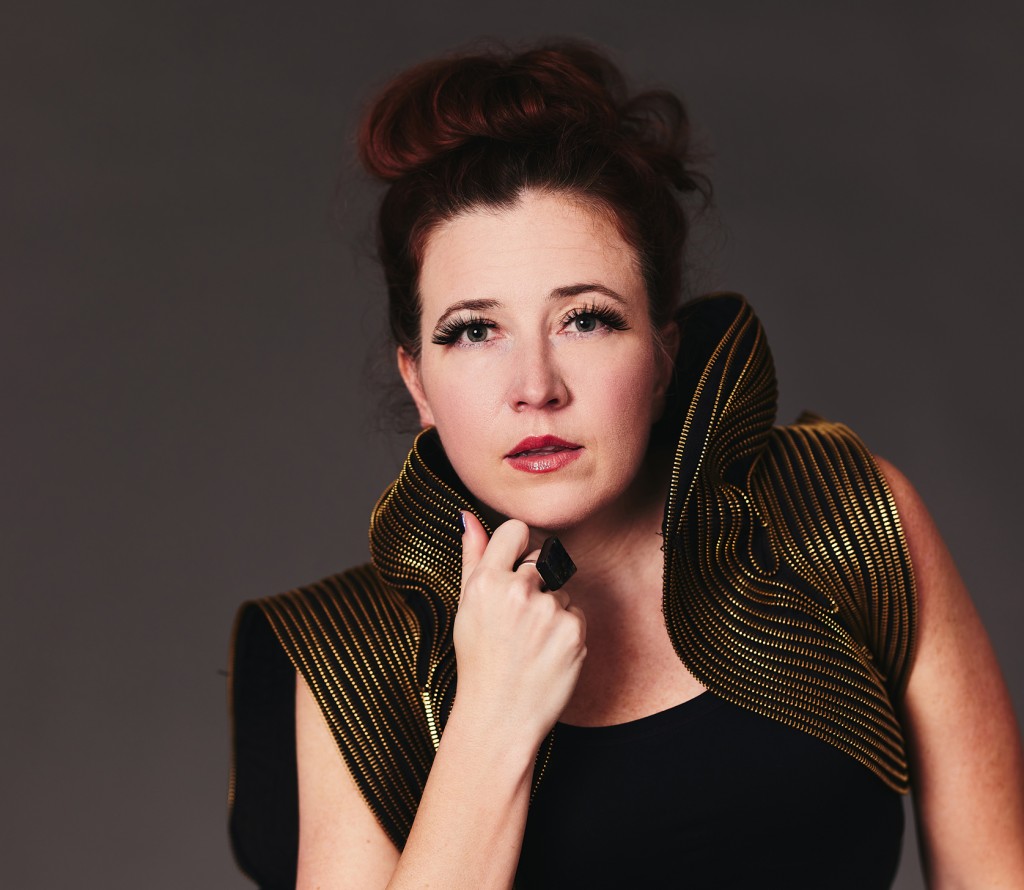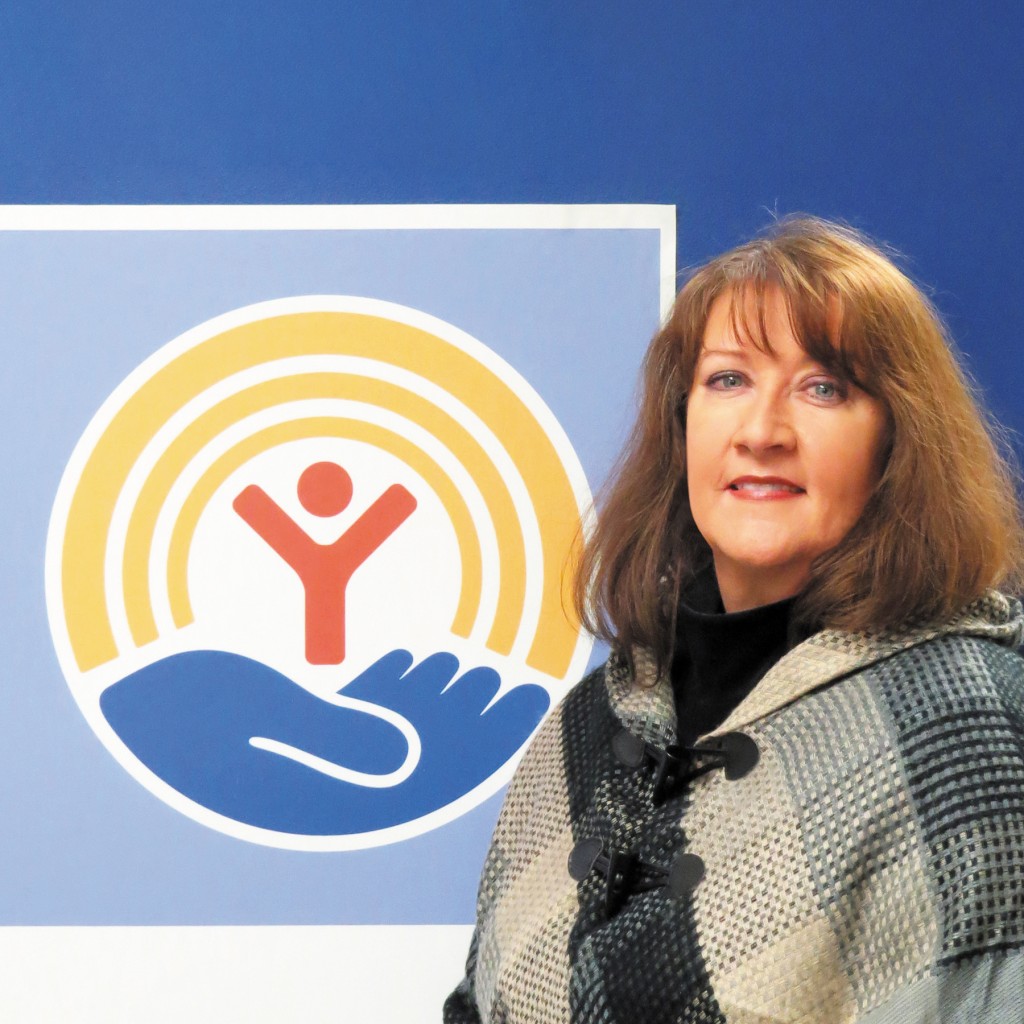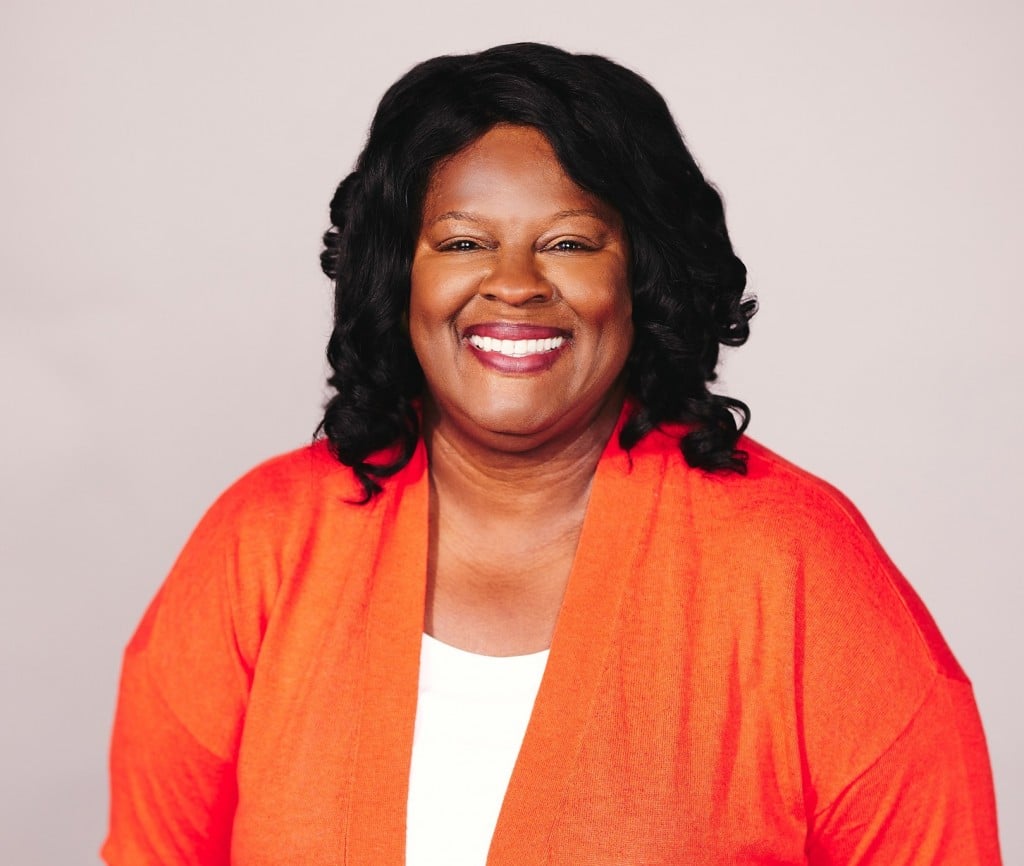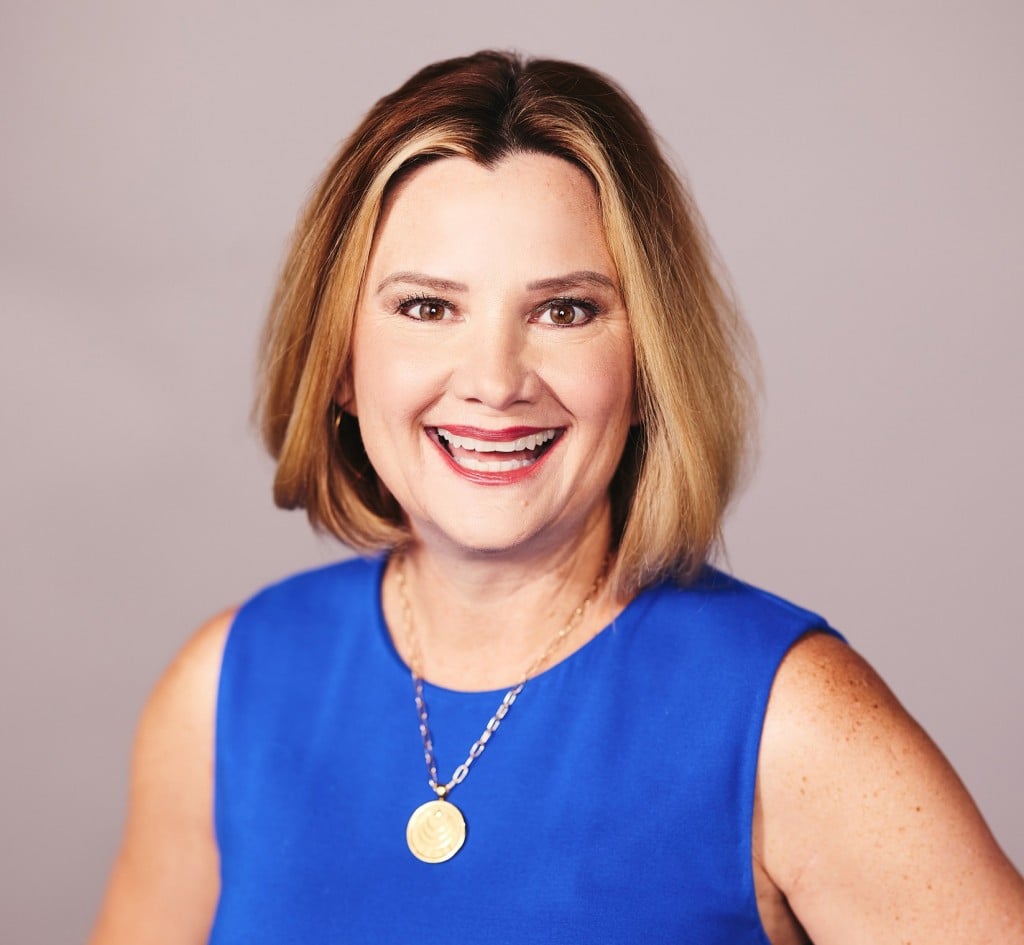2021 Pinnacle Award: The Cyborg Jillian Weise, Tallahassee
Disabled poet defines herself and challenges power hierarchy

The Cyborg Jillian Weise, a disabled poet and professor of English at Florida State University, believes that she should be able to choose her identity.
Weise is fortunate to have two legs. One of them cy (Weise’s preferred pronoun) was born with. The other was manufactured.
“I am computer; I have a computerized leg,” said Weise, who taught a senior seminar on cyborg theory and practice at FSU this fall in addition to a graduate poetry workshop. “It is part of my body. I vacuum seal into my leg so the distinction between where Jillian ends and the leg begins is a false distinction. I can’t tell.”
Operating with a basic, hinge-style prosthesis, Weise fell about four times a year. Cy falls no longer.
“I think about the ground and gravity ı,000 times a second,” Weise said in detailing the capacities of her manmade leg. “I now make allowances for all kinds of gradient surfaces. If I am walking on ice, I make adjustments that are imperceptible to me. If I am going from concrete to loose gravel, I am not consciously thinking, ‘OK, be careful.’ Part of my body is making those adjustments.”
Still, people scoff at or dismiss as a phase her decision to identify as a cyborg. In an interview, cy recalled speaking to a gathering of disabled scholars at the University of California, Berkeley.
“People there said it was a stage, that I’d grow out of it,” Weise said. “Instead, I grew right into it.”
Weise finds that people tend to view “cyborg” as a futuristic concept, the stuff of science fiction. Weise is made to feel like cy is forcing her cyborg identity.
“A disabled person is named; he never gets to be the namer,” Weise said. “That’s left to doctors and diagnosticians. For a disabled person to say that he is going to name himself is quite radical. It is about flipping an entire power hierarchy. But I am a poet; I am a namer.”
There are people, too, who are prepared to argue that all of us are cyborgs to the extent that we are dependent upon smartphones, laptops, computers and other devices. We are separated from our natural condition by inventions of our own making, as the communication scholar Kenneth Burke noted in his definition of human.
“Sure, perhaps,” Weise says in response. “But you can turn your iPhone off, and it is not aware of what you are doing. You can turn your laptop off.”
In a column written by Weise and published by The New York Times, cy describes the process of getting used to her computerized leg and “going cyborg.”
That column concludes …
“A few weeks ago, someone said, ‘I don’t think that (having a computerized leg) makes you a cyborg since it’s the leg that plugs into the wall.’
“It’s not the leg,” I said. “It’s my leg.”
And that, if I might behave as a namer for a moment, may be the essence of cyborgness.
Weise graduated from Rutherford High School in Springfield, Florida, in Bay County. Her first experience as a writer was gained as a newsroom intern at the Panama City News Herald. Cy completed undergraduate studies at FSU before earning an MFA at the University of North Carolina-Greensboro and a doctorate at the University of Cincinnati. Cy taught at Clemson University before joining the FSU English faculty for the 202ı-22 school year.
Now, Barbara Hamby and David Kirby, once Weise’s poetry professors, are colleagues.
Weise is an ambassador for disabled people, someone who articulates and champions accessibility causes. Cy has written four books and is at work on a fifth. Cy credits her FSU professors with liberating her as a writer by encouraging her to feel free to write about herself.
In conversation, Weise raises issues that an able-bodied person would never land on.
“I don’t own the rights to my own body‘s software,” cy said. “I don’t have the right to the actual program that my leg runs on. The leg surveils me and how many steps I am taking. Who owns the data? Where does it go? For what purposes is it used? This is another form of alienation. I have a third party involved at all times with my body.”
For Weise, efforts to soften “disabled” undermine efforts to destigmatize the term.
“I go by disabled person, disabled poet, disabled professor, disabled scholar,” Weise said. “Some people are in favor of ‘persons with’ language, but for me that’s like person with womanhood, person with an umbrella, person with a hat. I love identity-based language. In the same way that a person says I’m queer versus a person with queerness, I say I am disabled versus I am a person with a disability.”
Video by WeAreTheWorkmans


